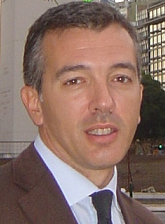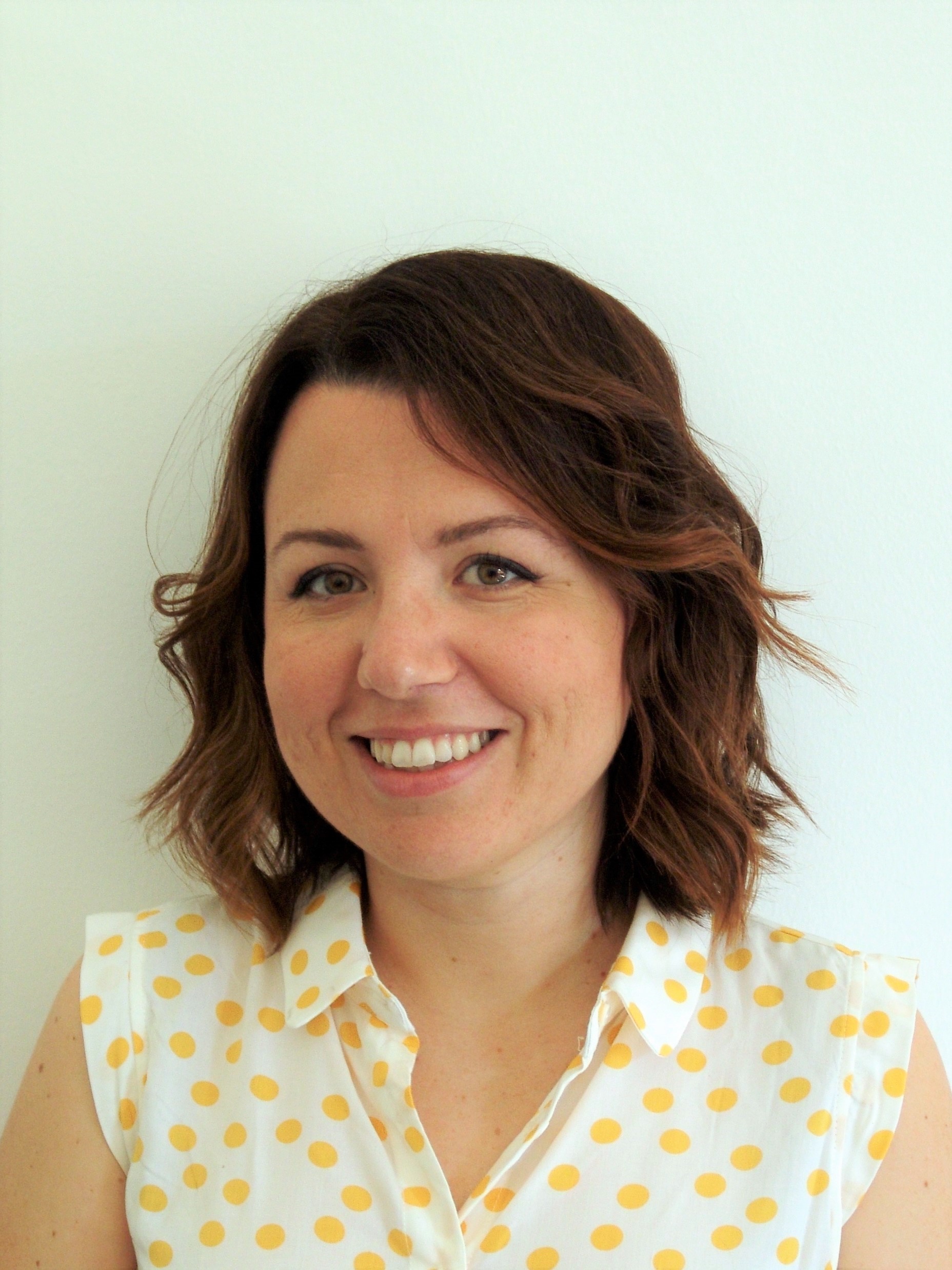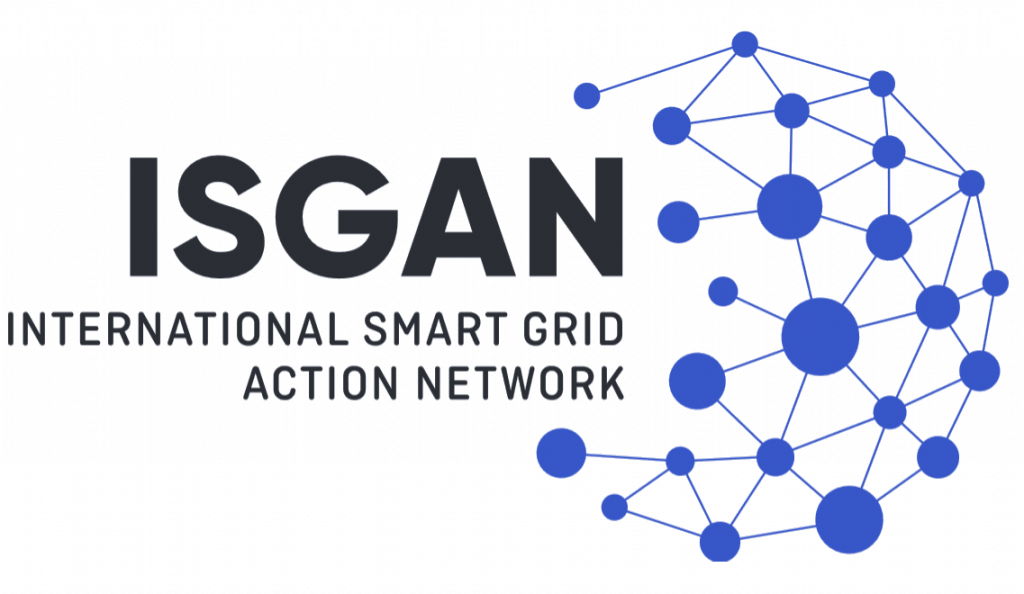WG 3: Cost-Benefit Analysis and Toolkits
Overview
The primary objective of Working Group 3 (WG 3) is to develop a global framework and related analyses that can identify, define, and quantify in a standardized way the benefits that can be realized from the demonstration and deployment of smart grid technologies and practices in an electricity system.
More specifically, WG 3 develops tools used by analysts, regulators, utilities, and other electricity system stakeholders. These tools help define and decide on system needs and priorities for smart grid system investment and regulatory changes. Results help develop specific business cases, considering specific regulatory and market structures, current system status, demand profiles, and available generation assets and resources.
In their analysis, different ISGAN countries are likely to prioritize distinct domains within the power sector. Therefore, in developing methodological frameworks and tools, a broad definition of smart grid is adopted to encompass the full range of technologies and activities from centralized power generation to transmission and distribution networks end uses and distributed generation, and different energy vectors. The CBA-MCA tool is also used for sector coupling and evaluating various integrated energy systems.
WG 3 continues to leverage existing knowledge and experience gained in different participating countries, as well as current international efforts underway and cooperation among major smart grid stakeholders globally.
Objectives
To develop a global framework to consistently quantify the benefits of smart grid technologies and practices
To develop decision-support tools and analyses for analysts, regulators, utilities, and other electricity system stakeholders
To advance the understanding and assessment of power system flexibility
To enhance knowledge and methodologies for distribution network hosting capacity
To promote and apply SmartGridEval for distribution network analysis
Activities
Smartgrideval tool improvement and dissemination
- Updated tool version
- New case studies
Hosting capacity
- Hosting capacity definition and calculation approaches
- Indicators of hosting capacity
- Case studies
Identification of suitable regulatory frameworks to foster flexibility
- Methodologies for assessing the needed flexibility
- Analysis of the state of the art on market models
- Case studies identification and analysis
Participatory processes for determining investments in Distributed Energy Resources (DERs)
Ongoing activity with WG 7
Working Group Manager (Italy)

Fabrizio Pilo
Università degli Studi di Cagliari
Working Group Lead (Italy)

Simona Ruggeri
Università degli Studi di Cagliari

